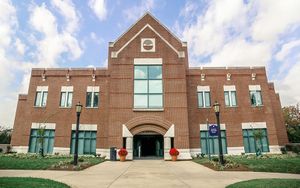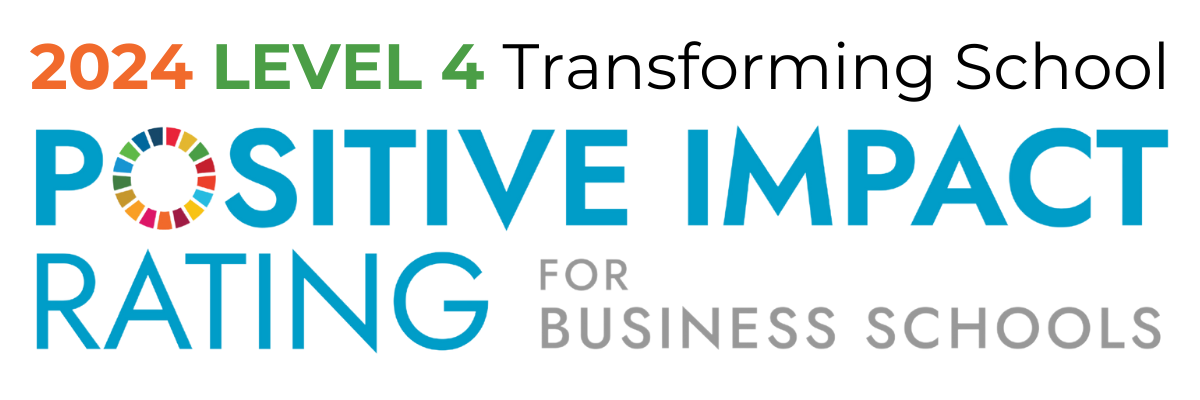
The PIR is a rating conducted by students and for students. For the fifth time, students worldwide assessed their business schools on how they perceive their positive impact on the world. The positive impact of business schools goes beyond their contribution to business and the economy; it addresses the need for their positive impact on society.
Participating in the PIR demonstrates the value Catawba gives to student feedback and voice.
“This is an extremely significant accomplishment that speaks to how positive societal impact is already an important concern at the Ketner School of Business (KSOB) and sets a baseline for further growth in this space for both the business school and Catawba College as a whole,” said Dr. Imran Chowdhury, Dean of KSOB. “With our PIR level 4 rating, we received numerical assessments of our societal impact-related activities and programs and detailed feedback from students on areas where we are doing well and how we might improve. Going forward, this feedback will be invaluable to KSOB as we seek to solidify and improve our position as a sustainability – and societal impact-focused business school in the years to come.”
A Level 4 rate in the PIR rating methodology is the second highest rating and characterizes schools “showing a positive impact culture, embedded in governance and systems, with visible results in many impact dimensions.” For 2024, there are six schools rated in the top level 5 and 43 schools in level 4. Other colleges in level 4 include the business schools at Case Western, Drexel, Colorado State, Fordham, Saint Joseph’s University, University of Vermont, Maastricht University, Imperial College London, Leeds University, and the University of Saint Andrews.

Executive Vice President and Provost Cowart emphasized the importance of this achievement, stating, "Our commitment to sustainability and social impact is a cornerstone of Catawba College's mission. This recognition by the Positive Impact Rating underscores our dedication to creating a positive and lasting impact on society through our educational programs and initiatives."
The Future Business Leaders of America (FBLA) student organization in Catawba’s Ketner School of Business distributed the survey through in-class visits, email, and social media. Students assessed how Catawba addresses societal and sustainable challenges and prepares its students to be responsible business leaders.
“KSOB would not have been able to accomplish this without the support of President David Nelson and Executive Vice President and Provost Monica Cowart, both of whom have identified sustainability and societal impact-oriented initiatives as key to Catawba’s institutional identity,” added Chowdhury. “We are also extremely grateful for the Center for the Environment’s support of our efforts to integrate sustainability, societal impact, and climate issues into the heart of the business school at Catawba.”
The rating survey asks students 20 questions in seven relevant impact dimensions that sit within three areas: energizing, educating, and engaging. The overall PIR score of the business school is used to position the schools across five levels. The different levels refer to the developmental stage of the business school, rating it by a certain level of achievement. Business schools are provided with a defined social impact and a tool that they can use for change.
You can learn more about the 2024 PIR report on their website: https://www.positiveimpactrating.org/report2024
